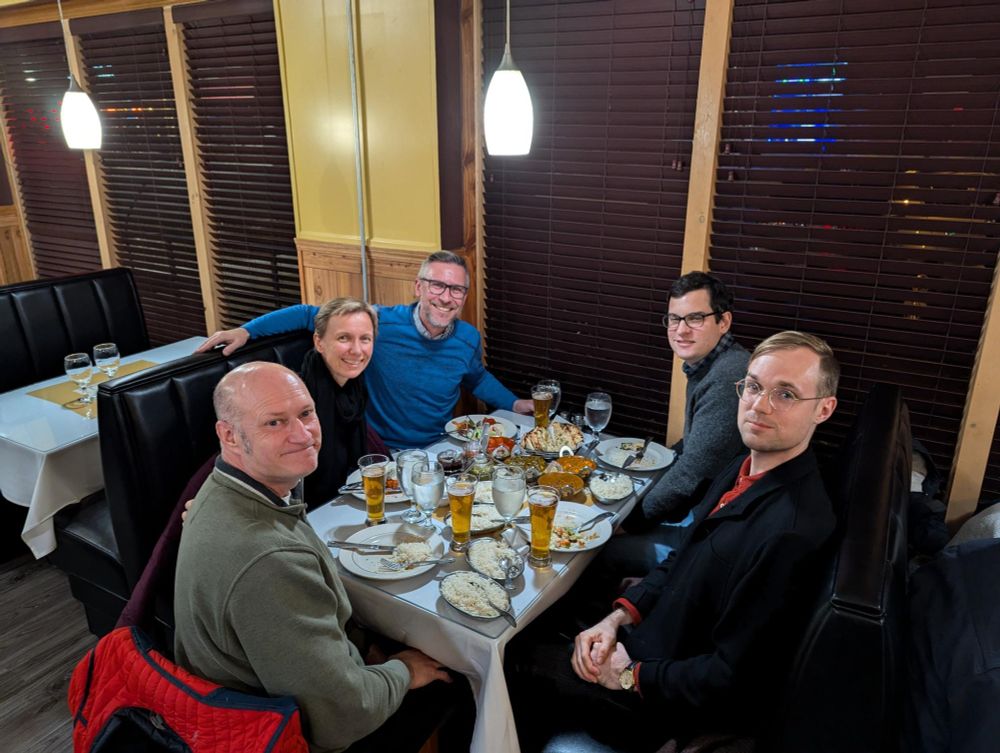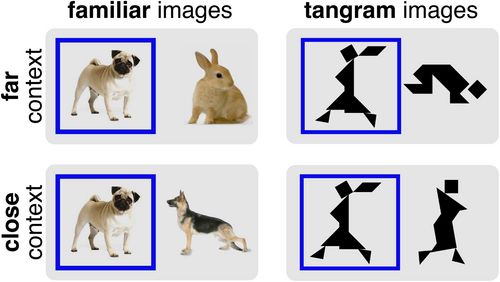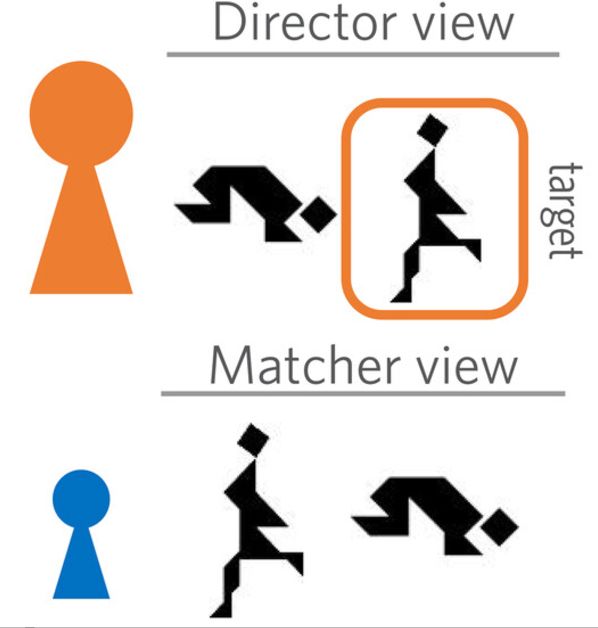





www.nature.com/articles/s41...

www.nature.com/articles/s41...




📄🔓: doi.org/10.1111/cdev...
brief 🧵 below on our findings!

📄🔓: doi.org/10.1111/cdev...
brief 🧵 below on our findings!

"decomposing preferences into multiple dimensions" (there's an interesting connection to our mixed-effects transformer, arxiv.org/abs/2205.01749 )

"decomposing preferences into multiple dimensions" (there's an interesting connection to our mixed-effects transformer, arxiv.org/abs/2205.01749 )
[thinking about how to elicit structured situation models from LLMs... this approach is a relatively unstructured baseline, "using introspection to generate relevant knowledge statements."]

[thinking about how to elicit structured situation models from LLMs... this approach is a relatively unstructured baseline, "using introspection to generate relevant knowledge statements."]
"As an always-available fallback option and an infrastructure for negotiating social commitments, interactive repair is foundational to the resilience, complexity, and flexibility of human language."

"As an always-available fallback option and an infrastructure for negotiating social commitments, interactive repair is foundational to the resilience, complexity, and flexibility of human language."
link.springer.com/article/10.1...

link.springer.com/article/10.1...

apply.interfolio.com/131863

apply.interfolio.com/131863
So (1) if you like working with QUDs, any such model can be formally embedded into our decision-theoretic framework as-is, and ...

So (1) if you like working with QUDs, any such model can be formally embedded into our decision-theoretic framework as-is, and ...
We find that *neither* maxim dominates: instead, participants make a graded tradeoff between the two. In other words, they’re willing to say things that violate epistemic norms of truthfulness *if and only if* the resulting belief helps the listener choose a good action!

We find that *neither* maxim dominates: instead, participants make a graded tradeoff between the two. In other words, they’re willing to say things that violate epistemic norms of truthfulness *if and only if* the resulting belief helps the listener choose a good action!





